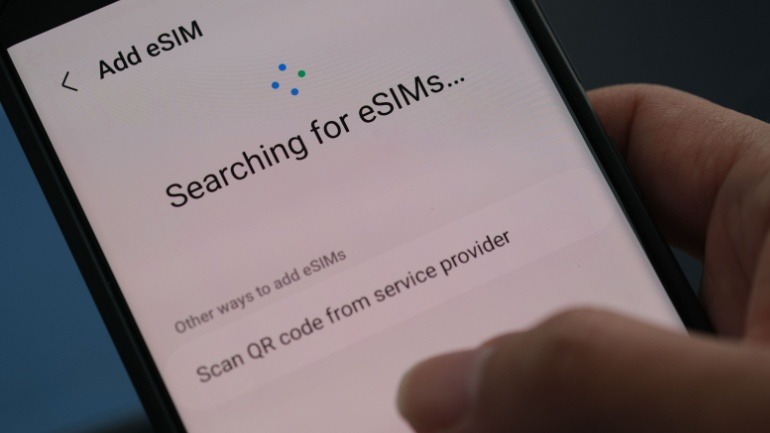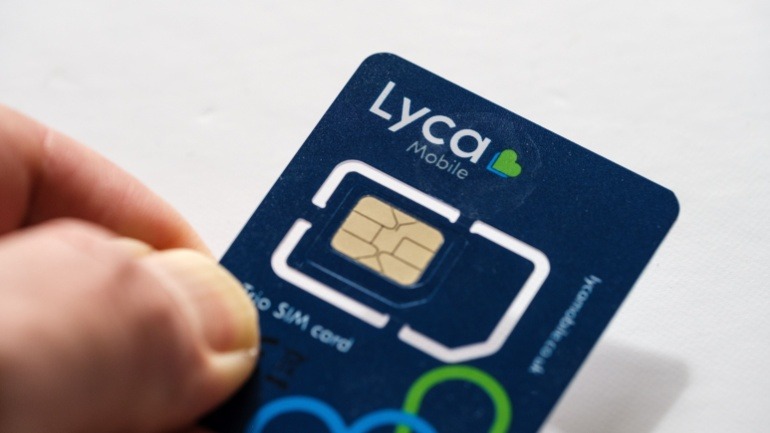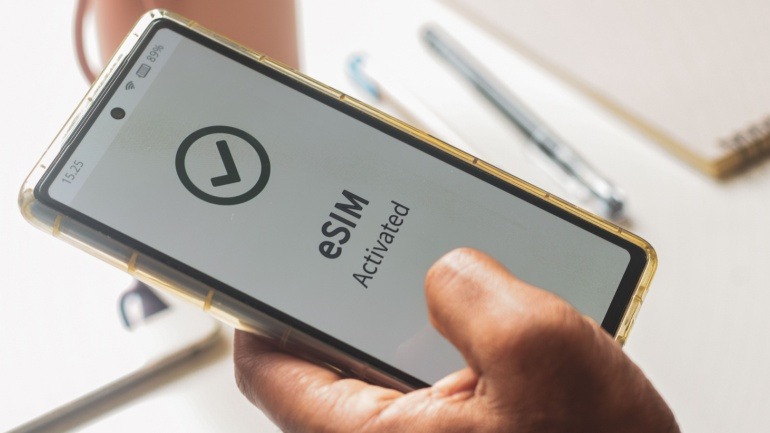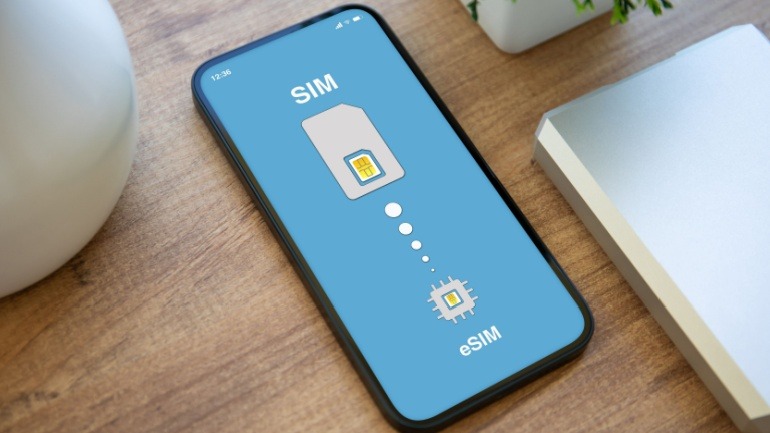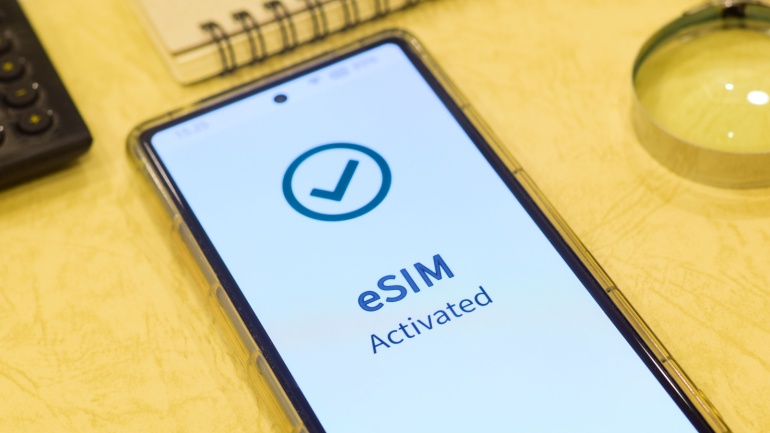Global tech strategists, Juniper Research, have released a report on the travel eSIM market, revealing a significant shift that could impact VoIP offerings. As the competition heats up and revenues decline, providers are prompted to think beyond traditional models. Embracing bundled services can attract VoIP customers and enhance overall value.
The rise of embedded SIMs, or eSIMs, heralds a transformative shift in mobile telecommunications, championed by leaders like Lyca Mobile. As the industry adopts these innovative solutions, the eSIM’s potential to enhance connectivity and customer experiences becomes undeniable. By eliminating physical cards, eSIM technology supports seamless interoperability across platforms. This advancement simplifies device-switching and optimizes user choices, positioning eSIMs as the future of digital connectivity. Enhanced security and reduced environmental impact further promote widespread eSIM adoption, promising a dynamic and adaptable mobile communication landscape.
Deutsche Telekom revolutionizes VoIP experiences with its new cross-platform eSIM switch, enabling seamless transitions between Android and iOS devices. This innovative feature ensures flexibility and security, removing the hassle of additional apps or paperwork. The eSIM switch simplifies changing devices, aligning perfectly with the digital integration trend.
Singtel is revolutionizing global IoT solutions with floLIVE’s distributed core network. This strategic collaboration enables seamless eSIM-based services for over 190 markets. Targeting the automotive sector, Singtel’s approach is a game-changer, offering innovative multi-domestic connectivity that adheres to strict regulatory standards.
Telenor IoT is revolutionizing its services by integrating the innovative SGP.32 global eSIM standard from GSMA. This upgrade promises enhanced management of IoT deployments, with streamlined remote SIM profile management and seamless network switching. The shift ensures optimized IoT operations and positions Telenor IoT as a leader in scalable, efficient connectivity solutions.
Cisco’s partnership with Transatel revolutionizes secure 4G and 5G connectivity using eSIM technology. This seamless integration offers enterprises faster, scalable, and secure mobile branches with on-demand SD-WAN and edge computing for IoT.
By 2030, nine billion cellular and IoT devices will feature eSIM and iSIM technology, revolutionizing the VoIP industry. With a projected 22% annual growth rate, these technologies promise enhanced versatility for smartphones, connected cars, and industrial sensors.
Airalo is the world’s first eSIM store for travelers who’ve faced the wrath of exorbitant roaming charges. With Airalo, you can download and install a digital data pack from over 200 countries and regions, ensuring you’re connected the second you land.
Telecom operators are increasingly embracing eSIM technology, which is expected to be featured in over half of all smartphones sold globally within the next five years, according to new research from CCS Insight. The analyst firm projects that by 2028, 56% of smartphones will support embedded SIMs, a significant rise from 27% last year.
Telecom26 and MiWire are pushing the envelope with a pioneering maritime connectivity trial. The eSIM-based service aims to shift the commercial shipping industry’s reliance on costly and inflexible satellite technology, unlocking cost-effective data accessibility. Ships that stick to set routes can benefit from seamless, uninterrupted service leveraging terrestrial cellular networks for up to 50km sea distance, before transitioning to satellite connectivity.



